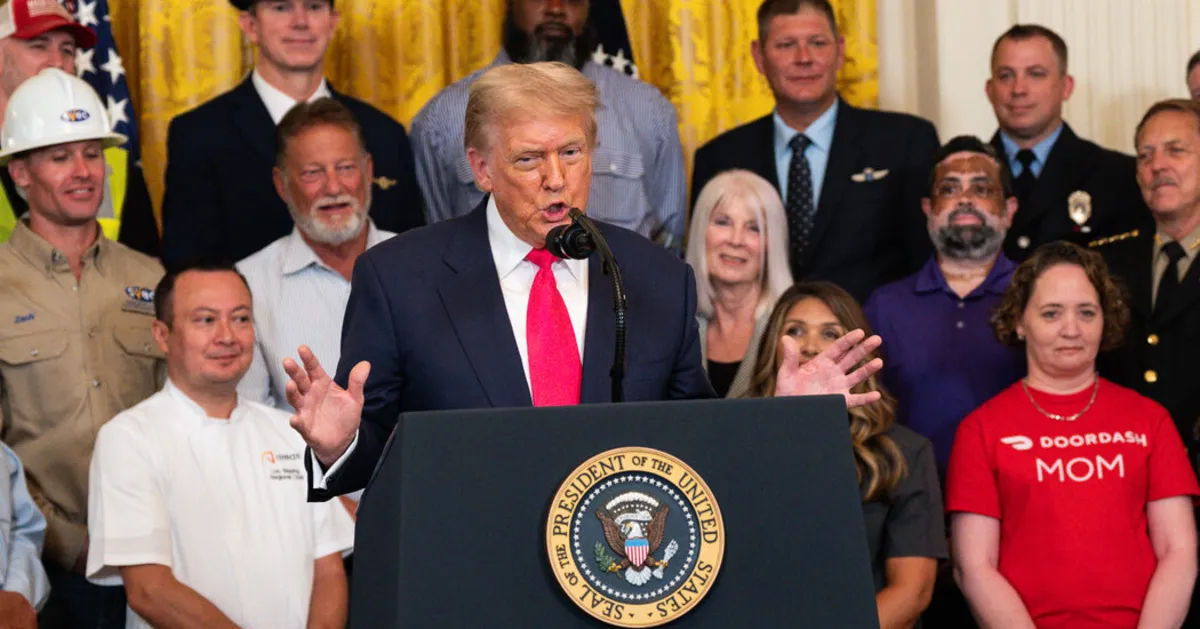
During a recent Senate briefing, Senator Tom Cotton, a Republican from Arkansas, expressed that the mission's objective was not to eliminate all of Iran's enriched uranium or halt its nuclear program. This briefing, led by Defense Secretary Pete Hegseth, Secretary of State Marco Rubio, and CIA Director John Ratcliffe, aimed to address the aftermath of recent military strikes on Iran's nuclear facilities.
Senator Lindsey Graham of South Carolina, a vocal advocate for confronting Iran, characterized the nuclear sites as "obliterated," a term previously used by former President Donald Trump to describe the strike's effectiveness. However, Graham acknowledged that the situation is far from resolved, highlighting Iran's potential to rebuild its nuclear ambitions. Both Trump and Hegseth have dismissed reports suggesting that the enriched uranium was relocated prior to the military action.
Following the briefing, several lawmakers expressed their frustrations. Senator Chris Murphy of Connecticut voiced that he still had "major, major questions" regarding the operation's impact on Iran's nuclear capabilities. He referenced a leaked intelligence memo suggesting that the military action had only delayed Iran's nuclear program for a few months. Similarly, Senate Minority Leader Chuck Schumer emphasized the need for Congress to assert its authority under the War Powers Act, underscoring the lack of clarity surrounding the fate of Iran's nuclear stockpile.
Many Democrats left the session feeling frustrated with the Trump administration's handling of the situation. The classified nature of the briefing meant that lawmakers could not disclose specific details; however, they noted that numerous critical questions remained unanswered. Concerns were amplified by the administration's hesitance to provide comprehensive information, alongside threats of punitive actions against those leaking preliminary assessments that contradicted the administration's narrative.
As skepticism grew, momentum built around a war powers resolution spearheaded by Senator Tim Kaine, a Democrat from Virginia, which is scheduled for a vote. Despite this, many Republican senators staunchly supported Trump's actions, with Senator Ron Johnson of Wisconsin praising the current national security team. Johnson expressed comfort in having a decisive president who takes action to protect American interests and allies, particularly Israel.
In a related development, the Trump administration decided to abandon the proposed revenge tax, which faced significant opposition from international business groups. These groups argued that the tax would adversely impact American workers and deter foreign investment. Mr. Bessent, a key official, announced that the U.S. would collaborate with other nations to implement broader agreements across the G20 to enhance economic stability.
The controversial revenge tax was part of a broader legislative effort in response to the 2021 global minimum tax. It aimed to penalize companies in nations adhering to the global tax agreement or imposing digital services taxes on U.S. tech firms. Had it been enacted, the tax could have imposed significant financial burdens on foreign companies operating in the U.S., estimated to raise over $50 billion over a decade.
Trump has consistently opposed the 2021 agreement, which aimed to establish a global minimum tax rate of at least 15%. This initiative sought to prevent countries from lowering their tax rates to attract multinational corporations, which the Biden administration argued was creating a "race to the bottom" in global taxation. Despite the global consensus, the U.S. has not implemented a compliant tax structure, leaving American firms vulnerable to foreign taxes.
While discussions around digital services taxes continued, Bessent affirmed the administration's commitment to defending U.S. tax sovereignty and resisting unfair foreign taxation. This move reflects broader concerns among business groups and Wall Street about the potential negative impact of the revenge tax on foreign investment and overall economic growth in the U.S.
In another surprising turn of events, Attorney General Pam Bondi announced the return of Mr. Abrego Garcia to the U.S. for trial after weeks of insisting the administration could not comply with court orders for his release. Bondi characterized Garcia as a human smuggler linked to serious crimes. However, questions arose regarding the administration's intentions, particularly with reports suggesting Garcia could be deported before standing trial.
The situation escalated when a federal magistrate judge ruled that Garcia should be released from custody, only for the Justice Department to request a pause on that order. The confusion surrounding Garcia's case highlighted potential discord between the Justice Department and the Department of Homeland Security regarding his deportation.
The ongoing legal battles and uncertainty surrounding Garcia's fate underscore the complexities within the Trump administration's immigration policies. As the administration grapples with both legal and political pressures, the implications of these cases could resonate throughout the broader context of U.S. immigration reform.
As these developments unfold, the implications for U.S. foreign policy, national security, and domestic governance remain significant, warranting close attention from both lawmakers and the public.